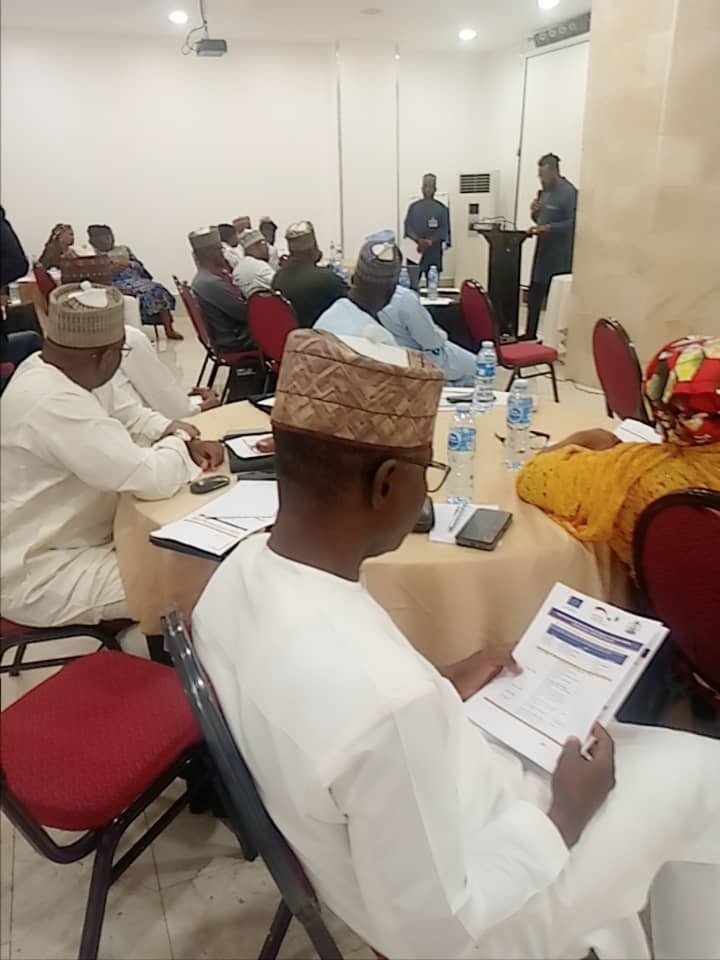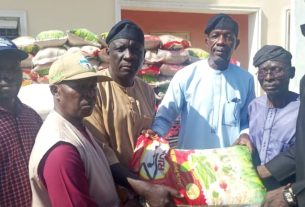Experts Validate Social Protection Draft Bill for Adamawa
Experts in relevant callings are reviewing and validating a draft bill for a law to guarantee social protection for the people of Adamawa State.
The proposed Adamawa State Social Protection Bill seeks a law that will place the poor and other vulnerable people in Adamawa State on such enduring interventions as will empower them to live better life.
Technocrats in the Adamawa State civil service, members of the state House of Assembly, representatives of non-government organisations and the civil society, faith and gender-based organisations and people from vulnerable groups at the week-long workshop have been taking intensive look at the bill and perfecting its provisions.
The participants entered their fourth day at the workshop on Thursday affirming that the bill is good to go before the Adamawa State House of Assembly for possible passage for executive assent.
The Adamawa State Social Protection Bill, as with all typical social protection bills , provides for welfare and economic development through addressing inadequate means and including otherwise neglected members of the public in local, sub-national and national development.
The Adamawa Social Protection Bill was developed by the Supporting Sustainable Social Protection, Participation and Economic Resilience in Northeast Nigeria (SEPIN SUSI) project implemented by German Development Cooperation Agency (GIZ) through the funding from the German Federal Ministry for Economic Cooperation and Development (BMZ) and the European Union, which also organised the Validation Workshop.
Addressing the participants at the workshop, the GIZ Just Transition and Inclusion Cluster Coordinator, Duke Benjamin, said the bill in view was developed in deep awareness that people abound whose lives need to be transformed.
He said it would be of particular relevance in Adamawa State where the government is pursuing the slogan of leaving nobody behind in development efforts.
The Adamawa State Social Protection Bill provides for significant reduction of poverty and vulnerability among residents, protection of individuals and households against occurrences that could force them unto destitution, and to promote equity and inclusive growth by generally addressing inequalities.




